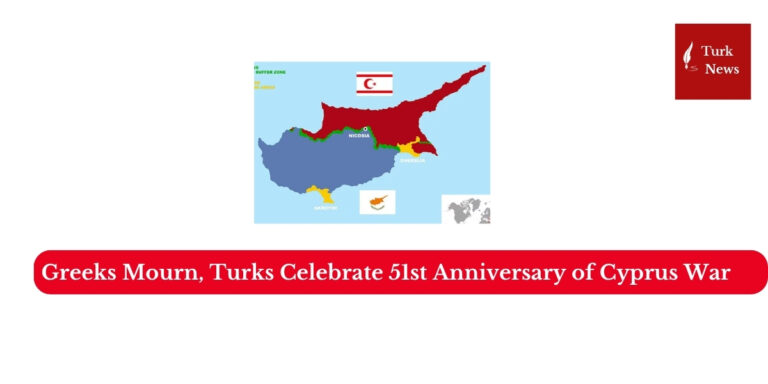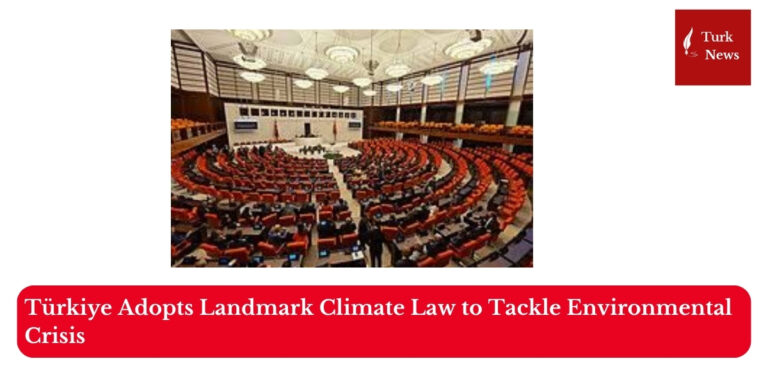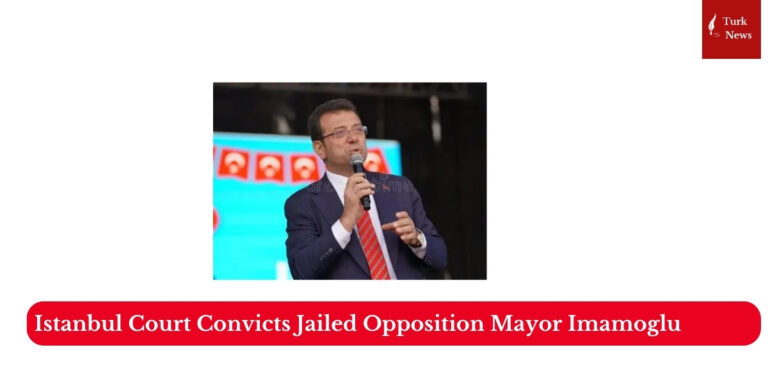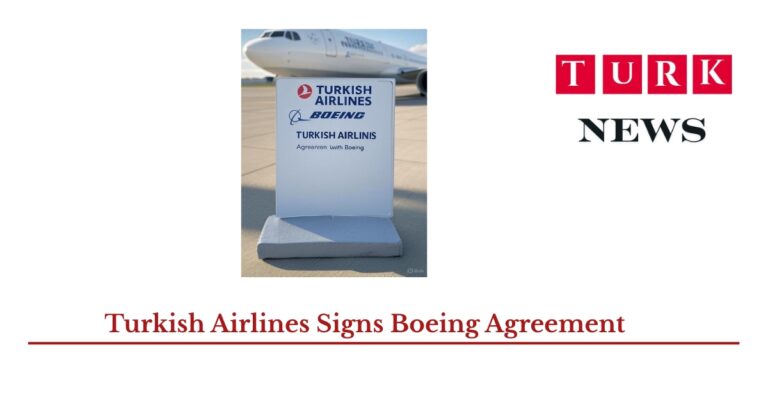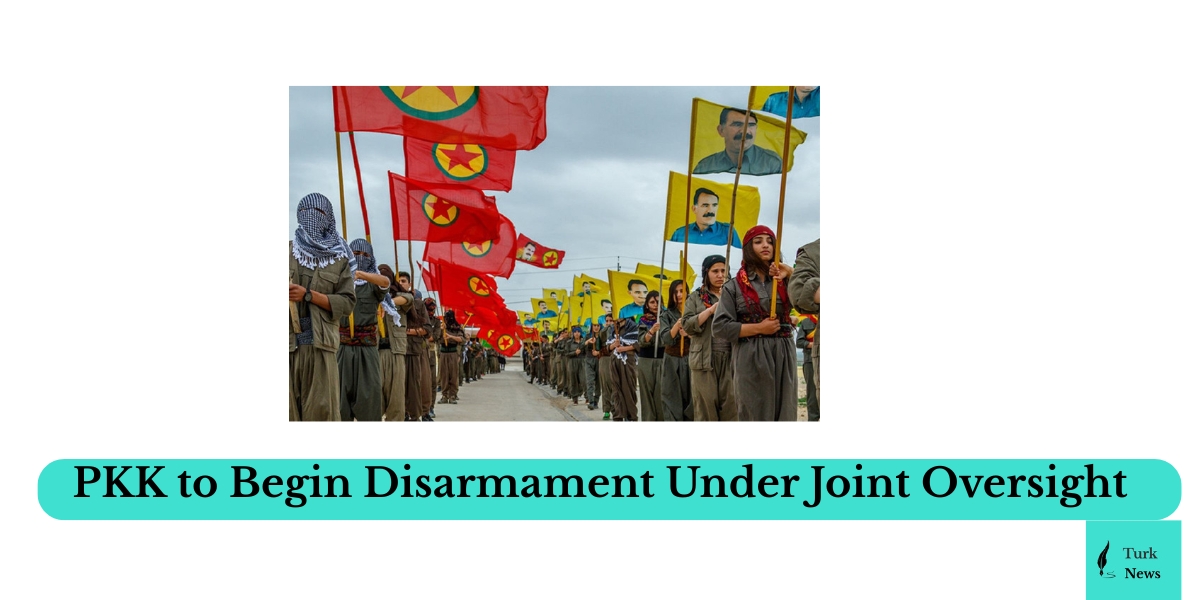
Ankara | July 8, 2025 —
The Kurdistan Workers’ Party (PKK) is expected to begin laying down arms within days in a process jointly overseen by Turkish, Iraqi, and Kurdish Regional Government (KRG) authorities, marking what could be a major turning point in the decades-long conflict.
- Turkish intelligence chief İbrahim Kalın visited Baghdad on July 8 to hold talks with senior Iraqi government, military, and intelligence officials in preparation for the disarmament process.
- According to a report by Hürriyet, Abdullah Öcalan — the imprisoned PKK leader — is anticipated to issue a public statement on July 10 or 11 to formally announce the start of the disarmament initiative.
- In the first phase, a group of approximately 30 PKK members, led by a senior figure, is expected to disarm at a designated KRG-controlled facility in northern Iraq. Their weapons will be recorded and then disposed of.
- Those disarming are not expected to return to PKK ranks or resume armed activities, and they will remain in Iraq under civilian status.
- Authorities plan to release footage of the disarmament after the initial phase concludes.
Parliament to Establish Special Panel on Reintegration
In parallel, the Turkish Grand National Assembly is preparing to establish a multi-party commission to examine the legal and social framework for the broader reintegration of individuals leaving the PKK. The head of Turkish intelligence is scheduled to meet with Parliament Speaker Numan Kurtulmuş on July 9 to discuss the panel’s role.
- The commission will include representatives from all parties in parliament and is expected to produce a report before the legislative session resumes on October 1.
- The panel will focus on developing mechanisms to support a sustainable, demilitarized environment in Türkiye and explore integration pathways for those who disarm voluntarily.
- Officials have clarified that the process will not include amnesty for individuals already convicted and serving sentences for terrorism-related offenses.
The disarmament process, if carried through, may mark a significant step toward reducing conflict in southeastern Türkiye and improving long-standing security challenges along the Iraq-Türkiye border.



